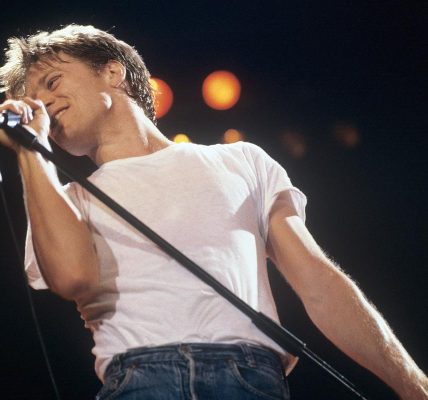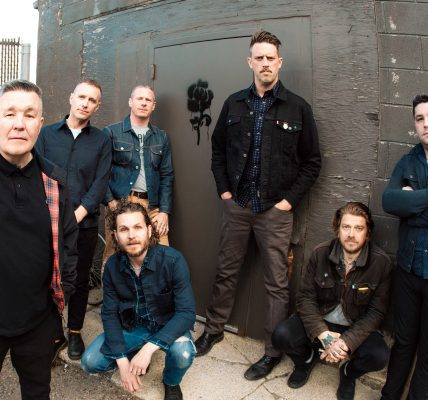Former Megadeth bassist David Ellefson has joined the chorus of voices proclaiming the demise of rock music in America. In a recent interview with Border City Rock Talk, he elaborated on his viewpoint, explaining that this belief has led him to focus more on international tours rather than performing in the U.S. in recent years.
Ellefson’s sentiments echo the long-standing debate surrounding the vitality of rock music in the United States, a topic he passionately discussed during the interview, shedding light on the current state of the genre.
Understanding David Ellefson’s Perspective on the Decline of Rock Music in America
The notion that “rock is dead” isn’t new; it has been echoed by iconic figures like Gene Simmons, who has faced backlash for voicing similar opinions. However, Ellefson aligns with Simmons, suggesting that the landscape for new rock bands is bleak. He stated, ?Rock is dead in America ? it really is,” a statement that may provoke criticism but reflects a harsh reality. He acknowledged that except for established bands like Linkin Park, Metallica, KISS, and Slayer, younger audiences show little interest in new rock acts, preferring to engage with social media platforms and technological innovations instead.
Ellefson’s comments suggest that the allure of being a rock star has diminished significantly compared to previous generations, where it was a coveted aspiration. The younger demographic’s focus on digital interactions over live music experiences has altered the cultural landscape, making it challenging for new rock artists to gain traction.
While Simmons’ viewpoint tends to focus on the lack of contemporary acts that can achieve the iconic status of classic rock legends, Ellefson?s perspective emphasizes the diminishing significance of rock music in the U.S. compared to its reception in other parts of the world.
He elaborated, ?For me, I enjoy South America, Latin America, [where] they love rock and roll. Asia, Australia. So you leave America and, man, rock and roll is very much alive and well.? Ellefson highlights how international audiences continue to celebrate both classic and new rock music, fostering a vibrant culture that contrasts sharply with the American market.
Ellefson reflected on his experiences with Napalm Records, where he encountered a plethora of emerging bands like Jinjer. He noted the robust support for rock artists globally, observing that the statistics, such as Spotify streaming numbers, demonstrate stronger engagement outside the U.S. He remarked, ?It?s just a different culture. It is what it is.? This underscores his belief that rock music retains its vitality abroad, contrasting with the struggles faced by artists within the American music scene.
While he continues to perform in America, Ellefson finds that the greater enthusiasm and appreciation for rock music lie outside the United States. He noted that in regions like Eastern Europe, fans show immense support for larger bands, including Megadeth. He expressed a need to adapt his performances, stating that smaller gigs, like his ?Bass Warrior? series, allow him to connect more intimately with audiences who genuinely appreciate the music.
Ellefson emphasized the logistical challenges of touring in America, where audiences often travel long distances for concerts, unlike in other cultures where live music is more accessible. He feels privileged to share his music with fans worldwide, especially in locations where rock is celebrated with fervor.
Looking ahead, Ellefson is set to embark on a new tour in 2025, recently announcing March dates in Europe for his upcoming “Bass Warrior” trek, demonstrating his commitment to keeping rock alive on international stages.
David Ellefson Shares Insights with Border City Rock Talk
Exploring the Best Hard Rock Albums Through the Years Since 1970
This gallery takes you on a journey year by year, highlighting the most significant albums in the hard rock genre from 1970 to the present.
Gallery Credit: Loudwire Staff






